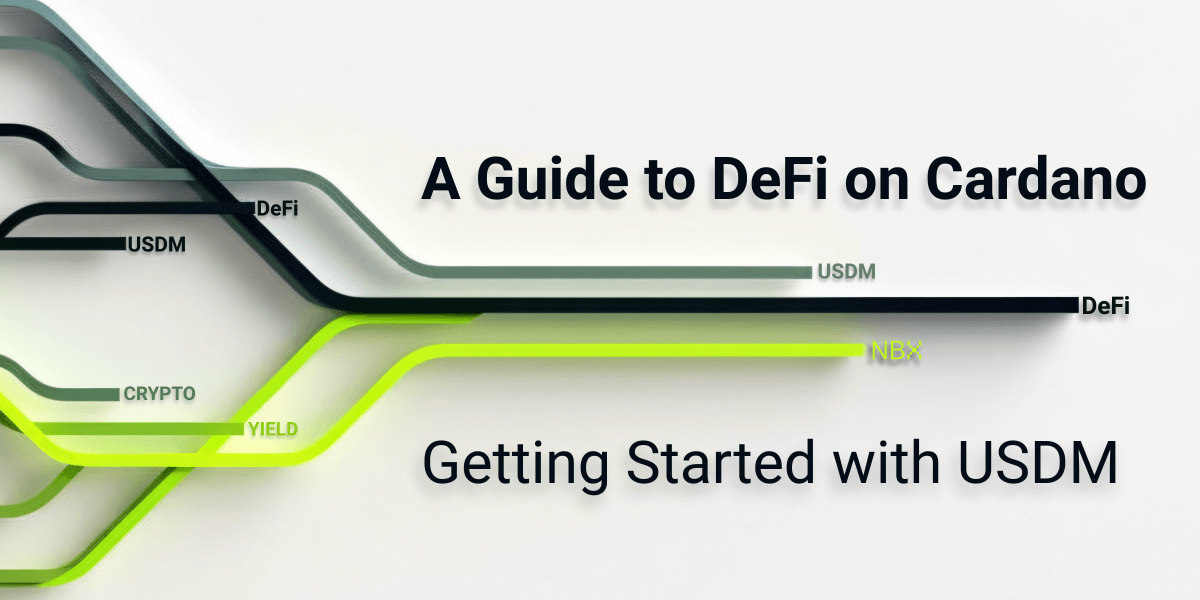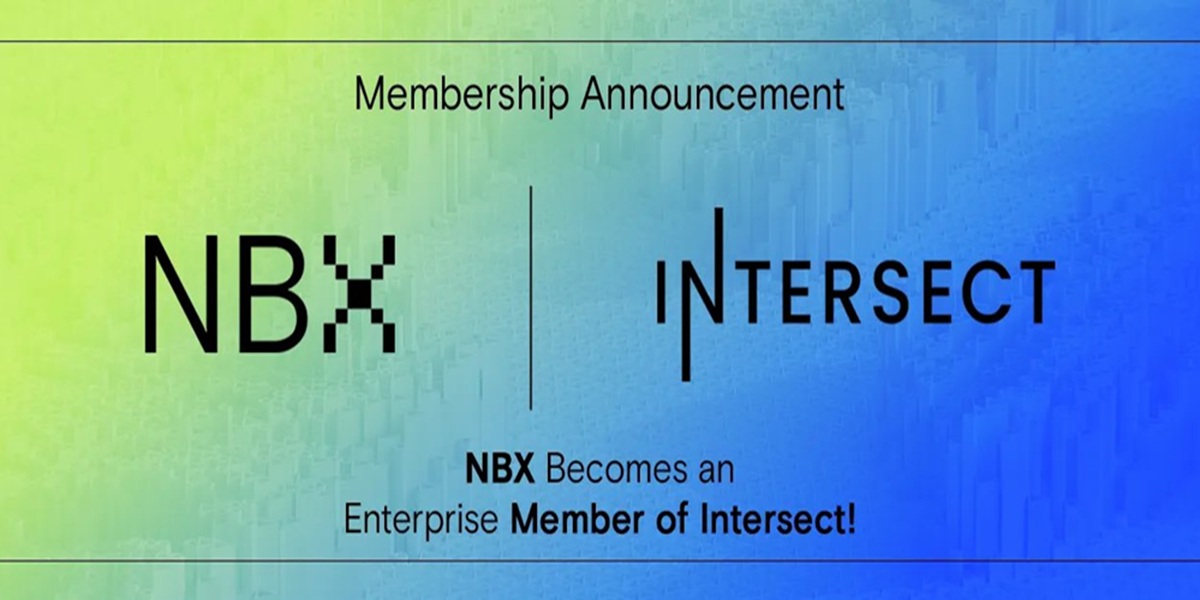A DApp, or decentralized application, is a type of software application that runs on a decentralized network, typically a blockchain. Unlike traditional applications that are hosted on centralized servers, DApps are distributed across a network of nodes, making them more transparent, secure, and resistant to censorship.
DApps are built using smart contracts, which are self-executing pieces of code that automatically execute certain functions when specific conditions are met. Smart contracts are the building blocks of DApps, allowing developers to create applications that can operate autonomously without the need for intermediaries or centralized servers.
Some examples of DApps include decentralized exchanges (DEXs) like Uniswap and PancakeSwap, which allow users to trade cryptocurrencies without the need for a centralized exchange, and decentralized finance (DeFi) platforms like Aave and Compound, which offer users decentralized lending and borrowing services.
Overall, DApps offer several advantages over traditional applications, including greater security, transparency, and accessibility, and are seen by many as a key component of the emerging decentralized web.
The article does not constitute financial advice.


